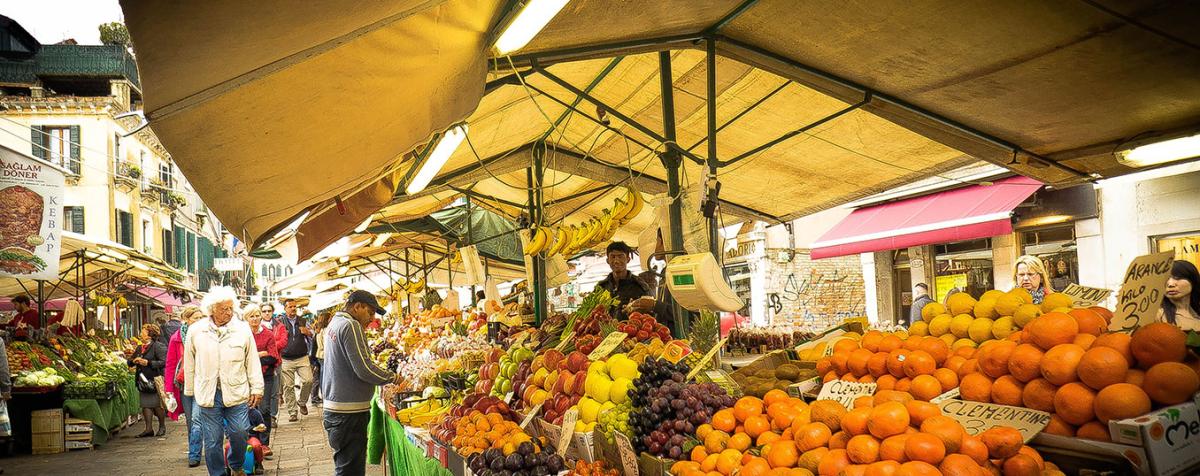Food Prices and Unrest
How Access to Food Affects Political Climate
Our Partnership
With evidence of riots around food-price spikes in 2007-08 and 2010-11, the 2014 Intergovernmental Panel on Climate Change's report that food prices may nearly double by 2050 carries with it the possibility for immense social discord. A collaboration between the University of Denver's Cullen Hendrix and scholars from the University of California, San Diego aimed to understand the connections between food prices and political unrest.
About Our Research
We leverage cross-institutional collaboration to address some of today’s most pressing challenges, producing interdisciplinary solutions that influence policymakers to effectively serve the public good. From Stanford to UChicago to NYU, we’ve refined our collaborative process through years of mutually beneficial relationships with institutions nationwide to understand and address challenges like climate change, HIV and youth homelessness.
DU’s current research efforts have been featured in news outlets like The New York Times. They include…
- exploring the effects of felony disenfranchisement.
- employing lasers as the medium for quantum science.
- using theatre to heal and rehabilitate inmates.










